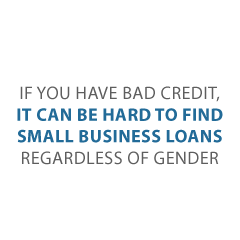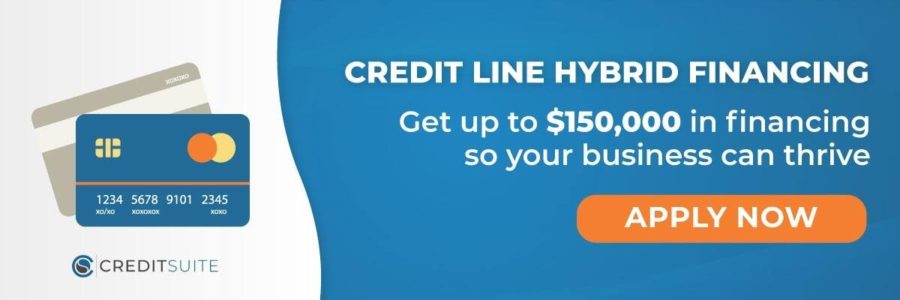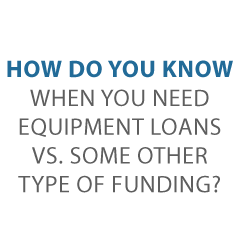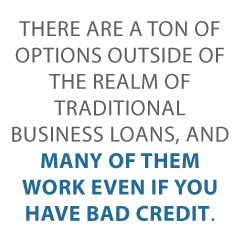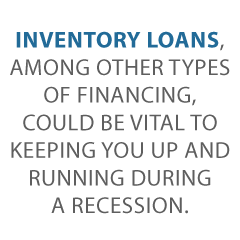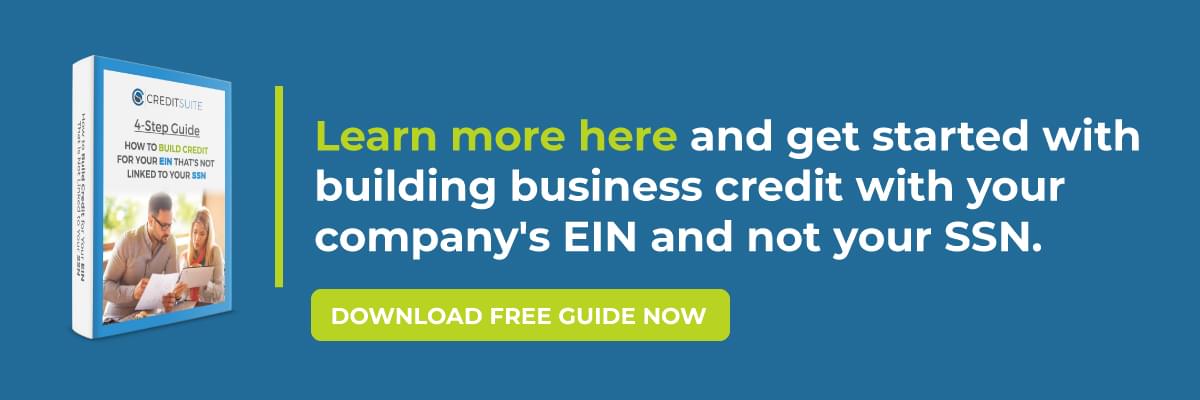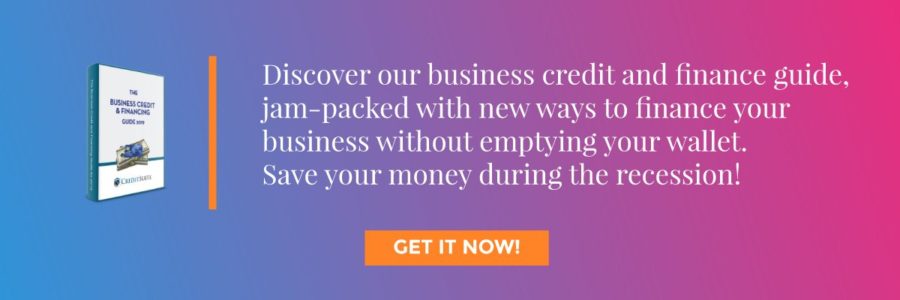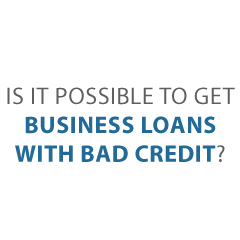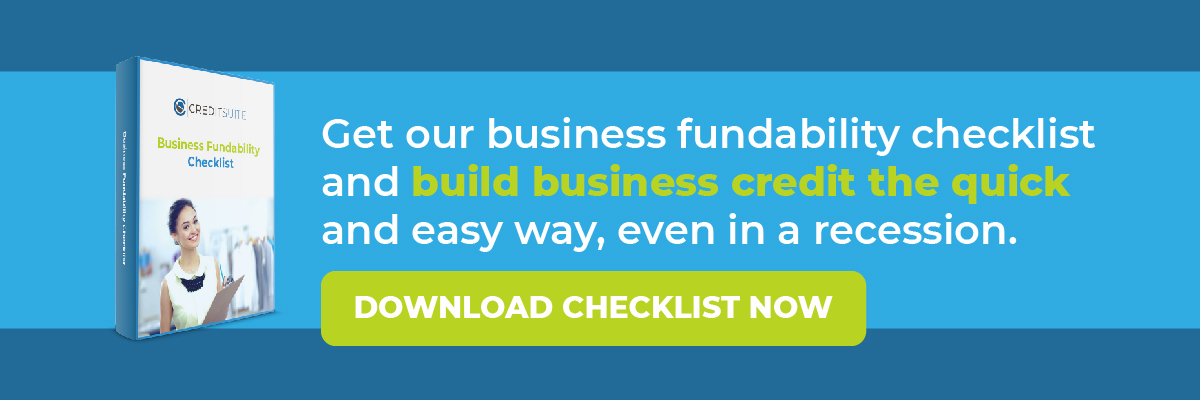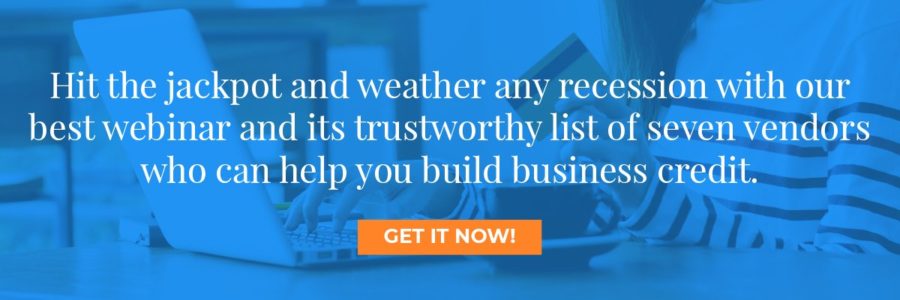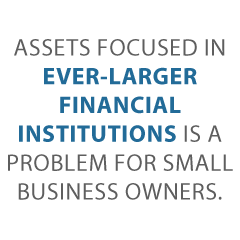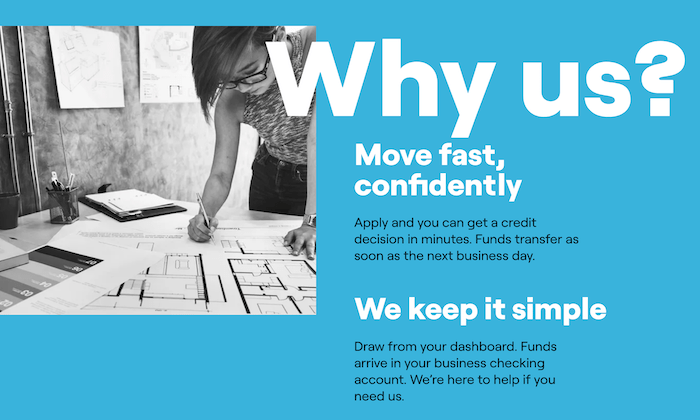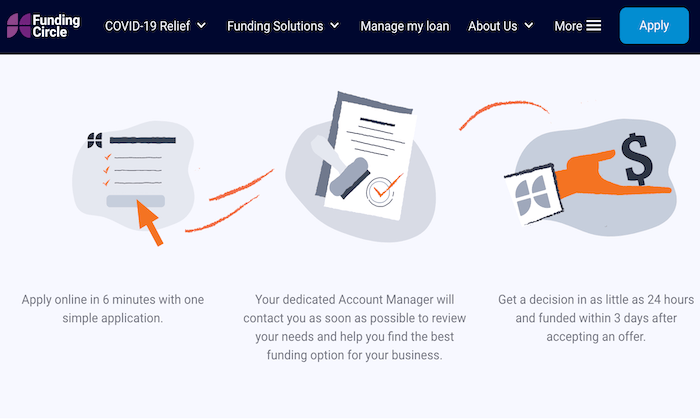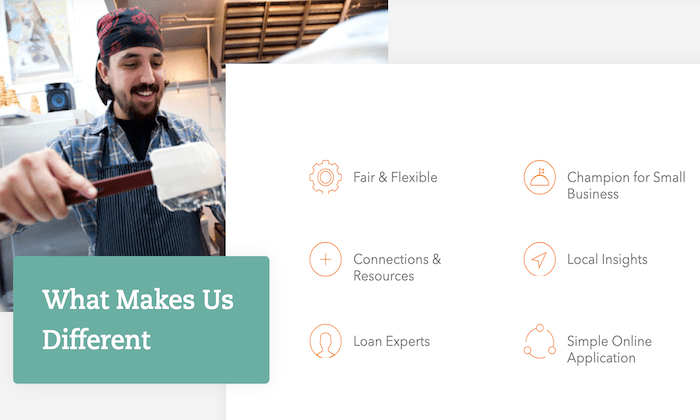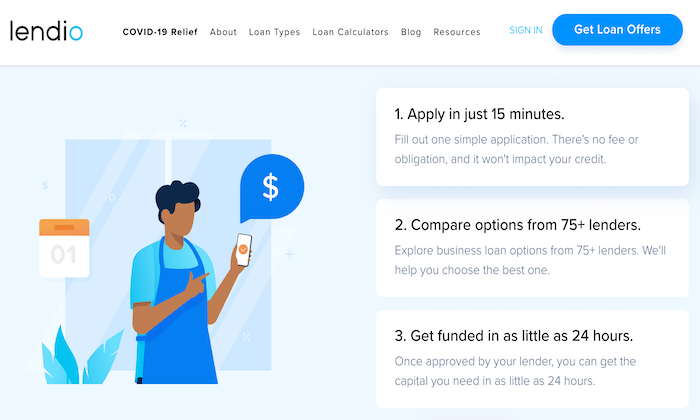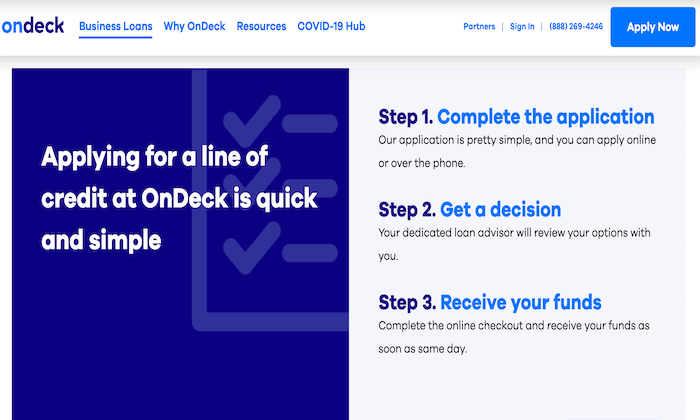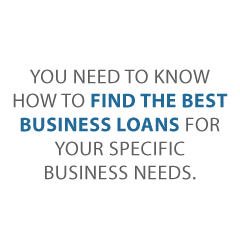The novel coronavirus has upended our economy. We’re already a recession. If you’ve got less than stellar credit, then you may feel you must put up collateral. But that’s not necessarily so. Here’s the truth about unsecured business loans in a recession.
Get the Truth about Unsecured Business Loans in a Recession
Unsecured business loans in a recession can save you. Here’s the skinny on this little-known form of funding.
Bad credit does not have to be a dead weight around your company’s proverbial neck. However, it does make it more challenging to obtain a small business loan. For a brand-new small business in particular, your company credit will be poor as a matter of course.
This is because you just will not have the sort of history and seasoning which can make your commercial credit score rise. And, then, make lending institutions want to lend your business funds).
Hence, lenders are not going to be too thrilled about offering your business a business loan. This is because they genuinely have no clue if your small business will be able to repay the loan. But you are still, with good reason wondering how to fund a small business with poor credit.
Unsecured Business Loans in a Recession: UCC Blanket Liens
As a result of this, lenders will typically obtain a UCC blanket lien in case they do give your company a loan. A UCC blanket lien is a notification which goes on your credit report. It says that the lender has an interest in all of your company’s assets until you repay the loan completely. Thus, there could be unfortunate consequences if you need to default.
Plus, most of these loans will also entail personal guarantees.
But That’s Different! What are Unsecured Business Loans in a Recession? Our Credit Line Hybrid is a Superb Choice!
Check out our credit line hybrid. It’s available for all business owners. Get the benefit of 0% rates cards offer, and the cash out capability of a credit line. Get approvals to $150,000. Pay 0% rates for 6 – 18 months, with normal card rates afterwards. No documentation, no tax returns or bank statements are necessary. This program is ideal for startups, high-risk industries, and those who desire low payments. It also works if you don’t want to supply financials.
Our credit line hybrid is a superb choice during this time of economic uncertainty.
With this form of business financing, you work with a lender who concentrates on securing business credit cards. This is a very unusual, very few know about program which few lending sources offer. They can in most cases get you three to five times the approvals that you can get on your own.
This is because they are familiar with the sources to apply for, the order to apply, and can time their applications so the card issuers won’t decline you for the other card inquiries. Individual approvals frequently range from $2,000 – 50,000.
The end result of their services is that you frequently get up to five cards that simulate the credit limits of your highest limit accounts now. Multiple cards create competition, and this means they will raise your limits, generally within 6 months or less of first approval.
Approvals
Approvals can go up to $150,000 per entity such as a corporation. They actually get you three to five business credit cards that report solely to the business credit reporting agencies. This is huge, something most lenders don’t offer or advertise. Not only will you get cash, but you build your business credit as well so in three to four months, you can then use your new company credit to get even more money.
Details
You get credit with no security, assets, or collateral. Lender has no collateral to collect in case of default. Because there is no collateral, and they don’t look or care about your cash flow, the only thing that matters is your personal credit.
With a 650 you will get just personal cards. But with a 680 credit score, you will get both company and personal cards.
Rates
The lender can also get you low introductory rates, usually 0% for 6-18 months. You’ll then pay normal rates after that, typically 5-21% APR with 20-25% APR for cash advances. And they’ll also get you the best cards for points. So this means you get the best rewards.
Like with anything, there are substantial benefits in working with a source who specializes in this area. The results will be far better than if you try to go at it on your own.
Unsecured Business Loans in a Recession: The Alternative: Building Business Credit
Not enough time in business? Or do you not have enough revenue? Then it’s time to start business credit building.
Every Business Needs Small Business Credit Establishing
Small business credit is credit in a company’s name. It doesn’t connect to an owner’s individual credit, not even if the owner is a sole proprietor and the solitary employee of the business.
Accordingly, an entrepreneur’s business and consumer credit scores can be very different.
The Benefits
Given that business credit is distinct from individual, it helps to safeguard a business owner’s personal assets, in the event of legal action or business insolvency.
Also, with two distinct credit scores, a small business owner can get two separate cards from the same vendor. This effectively doubles buying power.
Another advantage is that even start-ups can do this. Going to a bank for a business loan can be a formula for frustration. But building small business credit, when done correctly, is a plan for success.
Consumer credit scores are dependent on payments but also various other components like credit use percentages.
But for business credit, the scores actually merely hinge on whether a small business pays its debts on a timely basis.
Discover our business credit and finance guide, jam-packed with new ways to finance your business without emptying your wallet. Save your money during the recession!
The Process
Establishing small business credit is a process, and it does not occur without effort. A company will need to actively work to develop business credit.
Nevertheless, it can be done readily and quickly, and it is much more rapid than building consumer credit scores.
Merchants are a big part of this process.
Undertaking the steps out of order will lead to repetitive denials. No one can start at the top with business credit. For instance, you can’t start with retail or cash credit from your bank. If you do, you’ll get a denial 100% of the time.
Company Fundability
A company has to be fundable to credit issuers and merchants.
For this reason, a business will need a professional-looking website and email address. And it needs to have website hosting bought from a company like GoDaddy.
And also, business telephone and fax numbers must have a listing on ListYourself.net.
Likewise, the business telephone number should be toll-free (800 exchange or similar).
A company will also need a bank account dedicated strictly to it, and it must have all of the licenses necessary for running.
Licenses
These licenses all must be in the particular, accurate name of the small business. And they need to have the same business address and telephone numbers.
So keep in mind, that this means not just state licenses, but possibly also city licenses.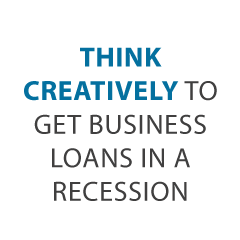
Dealing with the IRS
Visit the IRS web site and acquire an EIN for the company. They’re free of charge. Choose a business entity such as corporation, LLC, etc.
A company can get started as a sole proprietor. But they will more than likely want to switch to a variety of corporation or an LLC.
This is in order to decrease risk. And it will maximize tax benefits.
A business entity will matter when it comes to taxes and liability in the event of litigation. A sole proprietorship means the business owner is it when it comes to liability and taxes. No one else is responsible.
Sole Proprietors Take Note
If you operate a company as a sole proprietor, then at the very least be sure to file for a DBA. This is ‘doing business as’ status.
If you do not, then your personal name is the same as the small business name. Consequently, you can wind up being personally liable for all small business debts.
In addition, according to the IRS, by having this structure there is a 1 in 7 chance of an IRS audit. There is a 1 in 50 probability for corporations! Steer clear of confusion and significantly decrease the odds of an IRS audit at the same time.
Beginning the Business Credit Reporting Process
Start at the D&B website and get a cost-free D-U-N-S number. A D-U-N-S number is how D&B gets a small business into their system, to generate a PAYDEX score. If there is no D-U-N-S number, then there is no record and no PAYDEX score.
Once in D&B’s system, search Equifax and Experian’s sites for the small business. You can do this at www.creditsuite.com/reports. If there is a record with them, check it for accuracy and completeness. If there are no records with them, go to the next step in the process.
By doing so, Experian and Equifax will have something to report on.
Vendor Credit
First you need to establish trade lines that report. This is also called vendor credit. Then you’ll have an established credit profile, and you’ll get a business credit score.
And with an established business credit profile and score you can begin to get retail and cash credit.
These kinds of accounts tend to be for the things bought all the time, like marketing materials, shipping boxes, outdoor work wear, ink and toner, and office furniture.
But to start with, what is trade credit? These trade lines are credit issuers who will give you starter credit when you have none now. Terms are generally Net 30, rather than revolving.
Therefore, if you get an approval for $1,000 in vendor credit and use all of it, you will need to pay that money back in a set term, such as within 30 days on a Net 30 account.
Discover our business credit and finance guide, jam-packed with new ways to finance your business without emptying your wallet. Save your money during the recession!
Details
Net 30 accounts must be paid in full within 30 days. 60 accounts have to be paid fully within 60 days. In contrast to with revolving accounts, you have a set time when you have to pay back what you borrowed or the credit you made use of.
To start your business credit profile the proper way, you ought to get approval for vendor accounts that report to the business credit reporting agencies. When that’s done, you can then make use of the credit.
Then pay back what you used, and the account is on report to Dun & Bradstreet, Experian, or Equifax.
Vendor Credit – It Makes Sense
Not every vendor can help like true starter credit can. These are vendors that will grant an approval with a minimum of effort. You also want them to be reporting to one or more of the big three CRAs: Dun & Bradstreet, Equifax, and Experian.
You want 3 of these to move onto the next step, which is retail credit.
Accounts That Do Not Report
Non-Reporting Trade Accounts can also be helpful. While you do want trade accounts to report to at the very least one of the CRAs, a trade account which does not report can yet be of some worth.
You can always ask non-reporting accounts for trade references. Additionally credit accounts of any sort will help you to better even out business expenditures, consequently making financial planning less complicated. These are companies like PayPal Credit, T-Mobile, and Best Buy.
Retail Credit
Once there are 3 or more vendor trade accounts reporting to at least one of the CRAs, then move to retail credit. These are service providers which include Office Depot and Staples.
Only use your SSN and date of birth on these applications for verification purposes. For credit checks and guarantees, use the company’s EIN on these credit applications.
Fleet Credit
Are there more accounts reporting? Then move onto fleet credit. These are businesses like BP and Conoco. Use this credit to buy fuel, and to repair and maintain vehicles. Just use your SSN and date of birth on these applications for verification purposes. For credit checks and guarantees, make certain to apply using the business’s EIN.
Discover our business credit and finance guide, jam-packed with new ways to finance your business without emptying your wallet. Save your money during the recession!
Cash Credit
Have you been sensibly handling the credit you’ve up to this point? Then move to more universal cash credit. These are businesses like Visa and MasterCard. Only use your Social Security Number and date of birth on these applications for verification purposes. For credit checks and guarantees, use your EIN instead.
One example is the Fuelman MasterCard. They report to D&B and Equifax Business. They need to see a PAYDEX Score of 78 or better. And they also want you to have 10 trade lines reporting on your D&B report.
These are commonly MasterCard credit cards. If you have more trade accounts reporting, then these are doable.
Monitor Your Business Credit
Know what is happening with your credit. Make sure it is being reported and address any inaccuracies ASAP. Get in the habit of checking credit reports. Dig into the particulars, not just the scores.
We can help you monitor business credit at Experian and D&B for 90% less than it would cost you at the CRAs.
At Equifax, you can monitor your account at: www.equifax.com/business/business-credit-monitor-small-business.
Update Your Record
Update the info if there are errors or the info is incomplete. At D&B, you can do this at: https://iupdate.dnb.com/iUpdate/viewiUpdateHome.htm. For Experian, go here: www.experian.com/small-business/business-credit-information.jsp. And for Equifax, go here: www.equifax.com/business/small-business.
Fix Your Business Credit
So, what’s all this monitoring for? It’s to challenge any problems in your records. Mistakes in your credit report(s) can be corrected. But the CRAs usually want you to dispute in a particular way.
Get your company’s PAYDEX report at: www.dnb.com/about-us/our-data.html. Get your company’s Experian report at: www.businesscreditfacts.com/pdp.aspx?pg=SearchForm. And get your Equifax business credit report at: www.equifax.com/business/credit-information.
Disputes
Disputing credit report inaccuracies normally means you send a paper letter with copies of any proof of payment with it. These are documents like receipts and cancelled checks. Never send the originals. Always send copies and keep the originals.
Fixing credit report errors also means you precisely spell out any charges you contest. Make your dispute letter as clear as possible. Be specific about the problems with your report. Use certified mail so that you will have proof that you sent in your dispute.
Dispute your or your business’s Equifax report by following the instructions here: www.equifax.com/small-business-faqs/#Dispute-FAQs.
You can dispute inaccuracies on your or your business’s Experian report by following the instructions here: www.experian.com/small-business/business-credit-information.jsp.
And D&B’s PAYDEX Customer Service contact number is here: www.dandb.com/glossary/paydex.
A Word about Building Business Credit
Always use credit responsibly! Don’t borrow beyond what you can pay off. Track balances and deadlines for repayments. Paying off in a timely manner and in full will do more to elevate business credit scores than pretty much anything else.
Growing small business credit pays off. Great business credit scores help a business get loans. Your loan provider knows the company can pay its financial obligations. They know the business is for real.
The small business’s EIN links to high scores and credit issuers won’t feel the need to request a personal guarantee.
Business credit is an asset which can help your company for many years to come. Learn more here and get started toward growing business credit.
Unsecured Business Loans in a Recession: Takeaways
For each of these alternatives, you will definitely have a preferable rate of interest if your credit score is better than poor. And you will most likely have more options, so you can shop around and compare plans.
If your business can stand by until your credit– either company or personal or both– improves, then your alternatives will significantly improve, too. In the meantime, unsecured business loans in a recession can help. Use this pause in our lives to improve your credit. Because the COVID-19 situation will not last forever.
The post The Truth about Unsecured Business Loans in a Recession appeared first on Credit Suite.
